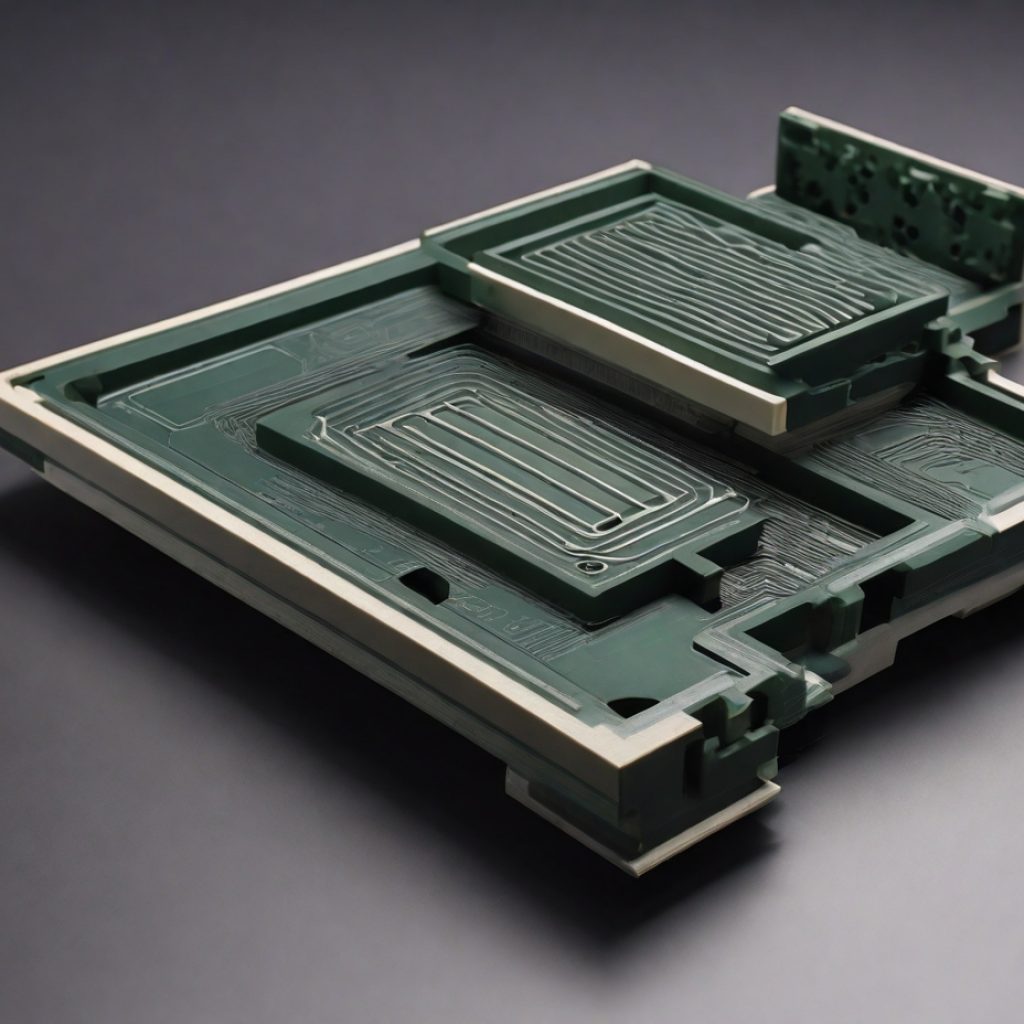Disney, one of the world’s largest media conglomerates, has remained silent in the face of growing concerns surrounding Microsoft Bing AI’s new image-generating feature. The feature, powered by OpenAI’s DALL-E 3 image generator, has come under scrutiny for producing images depicting beloved characters like Mickey Mouse in inappropriate and potentially copyright-infringing scenarios, including the 9/11 terrorist attacks on the World Trade Center.
Disney ethical dilemma unveiled
Microsoft recently launched its “Image Creator” feature within Bing, which allows users to generate images using artificial intelligence. While the technology showcases the capabilities of AI, it has also raised ethical questions due to its seemingly inadequate content filtering mechanisms. Netizens quickly put the system to the test, uncovering its vulnerabilities.
Notably, users have managed to generate images depicting Mickey Mouse in unsettling and inappropriate contexts. Although specific prompts like “Mickey Mouse hijacking a plane and flying it into the Twin Towers” cannot be issued, users have successfully produced images of Mickey Mouse piloting a plane toward skyscrapers reminiscent of the Twin Towers. Some images even featured explosions, a second plane, and Mickey wearing a bomb-lined suicide vest.
Copyright concerns
The core issue revolves around the origin of the images used by the AI system. Disney, with its vast library of iconic characters and content, has not commented on whether it granted permission to OpenAI for the use of its intellectual property. Given Disney’s well-known commitment to safeguarding its intellectual property, the lack of clarity on this matter is noteworthy. Moreover, it raises questions about the source data used in the training of the AI model.
The possibility that Bing’s Image Creator employs copyrighted material, either official Disney imagery or unofficial depictions that could infringe on copyrights, is a serious concern. Even Disney’s earliest creation, Steamboat Willie, is not in the public domain until 2024. This situation further complicates the ethical and legal landscape.
Attempts to seek clarification from Disney, as well as other companies like Nickelodeon and Nintendo, regarding the use of their copyrighted characters in AI-generated content have gone unanswered. This silence from the entertainment giants adds to the intrigue surrounding the issue.
Potential legal battles
While public discourse and inquiries remain ongoing, the possibility of legal action looms. A legal battle between Disney, Microsoft, and OpenAI could set a precedent for copyright disputes in the age of AI-generated content. Disney, with its formidable legal track record, could escalate the situation significantly.
As the debate surrounding AI-generated content, copyright, and ethical implications continues to unfold, the silence of Disney and other major entertainment companies is conspicuous. Whether they choose to engage in the conversation, pursue legal action, or address these concerns in some other manner remains to be seen.





